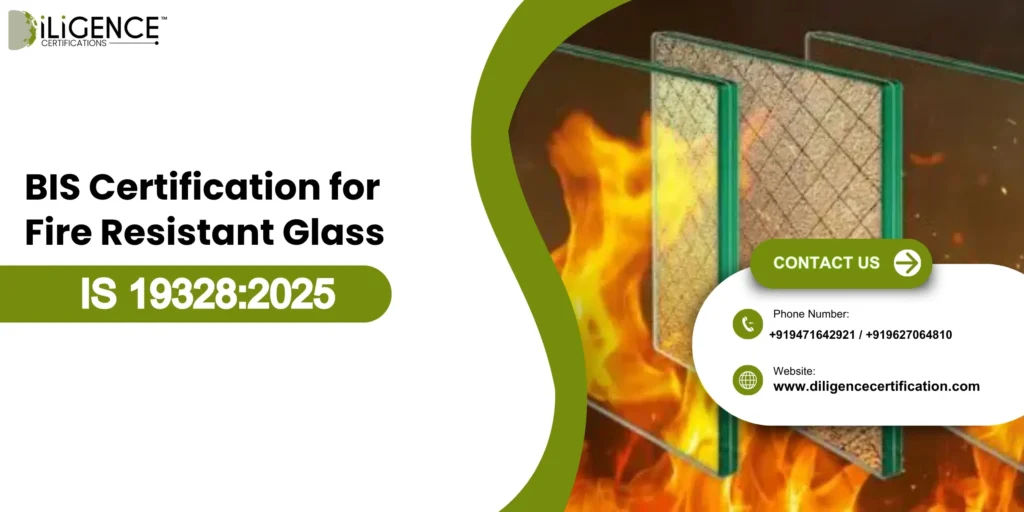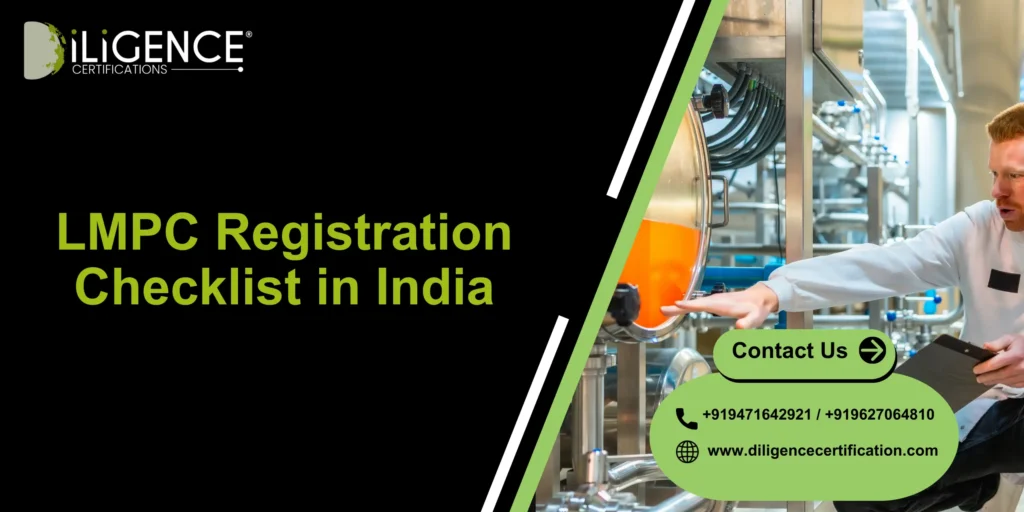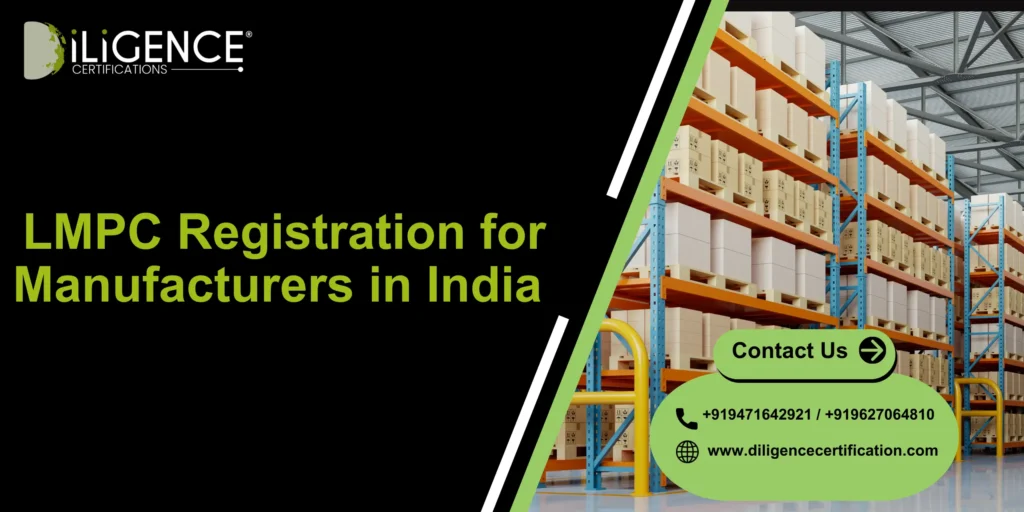- Fire Resistant glass serves as a barrier to fire, smoke, and heat which provides occupants with enough time to escape and protects buildings from fire and heat ingress.
- IS 19328:2025 provides guidance for manufacture, testing and classifying fire-resistant glass (E, EW, EI).
- BIS certifications are beneficial for legal compliance, build credibility, assists securing projects, and reduces risks from fire.
- The certification process includes application, testing, factory audits, issue the license, and subsequent surveillance audits.
- BIS certification opens doors in areas like smart city projects, skyscrapers, export, but raw materials and laboratory delays or lack of awareness of import equivalency certification complicates fire-resistant glass for the construction industry.
Introduction
Some years ago, a big fire started in a shopping mall. People were inside when smoke and flames spread very fast. Luckily, the mall had special fire glass near the exits. This glass did not break quickly. It stopped the fire and smoke for some time. Because of this, people got enough time to run out safely. If normal glass was used, it would have broken fast, and many lives could have been in danger.
This shows why fire glass is very important. It is not just for looks. It can save lives in an emergency.
To make sure this glass is strong and safe, the Bureau of Indian Standards (BIS) made a rule called IS 19328:2025. This rule explains:
- how fire glass should be made,
- how it should be tested,
- and how long it can fight fire.
With this rule, builders and safety officers can choose the right glass for malls, hospitals, offices, and homes. This makes buildings safer for everyone.
What is Fire Resistant Glass?
Fire-resistant glass is a special safety glass that stops fire, smoke, and heat from quickly spreading. It stays strong for some time during a fire, so people can escape safely and the building does not get damaged fast.
This glass is mostly used in offices, schools, hospitals, shopping malls, and big buildings where many people live or work. It is tested to check how long it can resist fire and then marked with that time.
Why IS 19328:2025 Matters for Manufacturers
IS 19328:2025 is the Bureau of Indian Standards (BIS) regulation governing fire resistant glass. Manufacturers need compliance to:
- Secure ISI Mark: A BIS-certified ISI mark acts as a passport for large-scale projects.
- Access Government Tenders: Airports, metro stations, and hospitals demand ISI-certified fire safety glass.
- Compete Against Imports: Low-cost imports often lack BIS approval; compliance helps Indian manufacturers stand apart.
- Ensure Liability Protection: Certified products reduce legal and insurance risks.
Scope of IS 19328:2025
- This standard tells the rules and tests for making fire resistant glass.
- It explains the qualities, characteristics, and how to check samples of this glass.
- It is only for the glass part. It does not cover the frames or the fittings where the glass is fixed.
- The aim is to make sure the glass can face fire for some time and give people a safe chance to escape.
Classifications of Fire Resistant Glass (IS 19328:2025)
Fire resistant glass is divided into three main classes. Each class shows how the glass performs when exposed to fire. The difference lies in whether the glass can stop only flames and smoke, or also heat and radiation.
1. E (Integrity Only)
- What it means:
This type of glass stops flames, smoke, and hot gases from passing through to the other side. - What it cannot do:
It does not stop heat. The other side of the glass can still become very hot. - Time factor:
The letter T is written with E (like E 30, E 60, E 90) to show how many minutes the glass can keep its integrity. - Where used:
Suitable for places where the main aim is to block flames and smoke, like corridors, staircases, or internal partitions.
2. EW (Integrity + Radiation Control)
- What it means:
This type of glass does everything that E type does (stopping flames, smoke, and gases). - Extra feature:
It also reduces the heat radiation from the fire.
This means the side away from fire does not get too hot quickly, making it safer for people to escape. - Time factor:
Written as EW (T), like EW 30 or EW 60, where T is the number of minutes. - Where used:
Good for public areas like shopping malls, airports, and waiting halls, where people may be near glass during fire.
3. EI (Integrity + Radiation Control + Insulation)
- What it means:
This is the highest level of fire resistant glass.- It stops flames, smoke, and gases (like E).
- It reduces heat radiation (like EW).
- And it also provides insulation: the non-fire side remains cool for a longer time, even if fire continues on the other side.
- Extra feature:
The temperature rise on the safe side does not go above 140°C on average or 180°C at a single point, even after long fire exposure. - Time factor:
Written as EI (T), like EI 60, EI 90, EI 120, etc. - Where used:
Best for high-risk buildings such as hospitals, schools, hotels, and high-rise offices where protecting people and valuable items is critical.
Importance of IS 19328:2025 for Fire Resistant Glass
For companies and businesses in the glass sector, complying with IS 19328:2025 is not optional — it is a regulatory requirement and a trust-building factor. The standard ensures that products meet the minimum safety benchmarks for fire resistance, protecting both property and human lives.
Without this certification, suppliers and industry players face:
- Disqualification from government tenders
- Rejection by architects and consultants
- Higher risks of liability and insurance complications
Key Benefits for Fire Resistant Glass
- Legal Compliance
Companies can legally sell, distribute, and promote fire resistant glass across India only with BIS certification. - Access to High-Value Projects
Certified products qualify for large-scale projects such as hospitals, airports, metro stations, and IT parks. - Competitive Advantage
Producers with ISI-marked products stand out against uncertified imports and local alternatives. - Brand Trust and Market Reputation
The ISI mark communicates reliability, boosting confidence among builders, contractors, and end-clients. - Export Readiness
Since IS 19328:2025 aligns with international standards, certification opens doors to global opportunities. - Risk & Insurance Benefits
Certified products reduce liability during fire incidents, often lowering insurance premiums for buyers.
5 Reasons Fire Resistant Glass Needs BIS Certification in India
1. Certification is Mandatory
While BIS certification under IS 19328:2025 is not yet officially mandatory, companies that adopt it early gain compliance readiness, higher trust, and an advantage when regulations tighten in the future.
2. Testing is Stringent
The glass undergoes furnace exposure, radiation checks, and insulation performance tests. This is time-intensive but essential for credibility.
3. ISI Mark Builds Confidence
Suppliers with the ISI mark are preferred in projects where safety is non-negotiable. The mark signals that products meet Indian and global standards.
4. Alignment with Global Standards
IS 19328:2025 aligns with European benchmarks, making it easier for Indian producers to explore exports once BIS certification is achieved.
5. Real-World Impact
The Gujarat supplier who achieved certification gained eligibility for Delhi Airport and Ahmedabad Metro projects. Their turnover grew by 35% in one year.
Step By Step Process for BIS Certification For Fire Resistant Glass
Getting BIS certification for fire resistant glass may look complex, but if broken into steps, the path becomes manageable. Here is how most industry players and suppliers proceed:
Step 1: Application Preparation
- Collect all required documents: company registration, product details, testing arrangements.
- Decide whether to apply under the Simplified Conformity Assessment Scheme (SCAS) or Normal Procedure.
Step 2: Submission to BIS
- File the application online via the BIS Manakonline portal.
- Pay the applicable government fees for inspection and testing.
Step 3: Product Testing
- Send product samples to a BIS-recognised laboratory for testing against IS 19328:2025.
- Tests include fire endurance, integrity, insulation, and compliance with standard performance benchmarks.
Step 4: Factory Audit
- BIS officers conduct an on-site visit to assess quality control, manufacturing practices, and product consistency.
- Businesses in the glass sector must maintain proper in-house testing facilities and quality checks.
Step 5: Grant of Licence
- If test results and audit reports meet requirements, BIS issues the ISI Licence.
- Companies can then affix the ISI Mark on certified fire resistant glass.
Step 6: Post-Certification Surveillance
- BIS regularly monitors certified producers to ensure continuous compliance.
- Surprise inspections and random sampling keep quality standards intact.
Documents Required for BIS Certification under IS 19328:2025
To apply for BIS certification of fire resistant glass, companies, suppliers, and businesses in the glass sector must prepare the following documents:
- Business Registration Proof
- Certificate of Incorporation, GST, or MSME registration.
- Factory Address Proof
- Lease agreement, electricity bill, or ownership documents.
- Manufacturing and Quality Details
- Process flow chart of fire resistant glass.
- Quality control manual and in-house testing facilities list.
- Product Information
- Technical specifications of glass.
- Product drawings or catalogue.
- Testing Arrangements
- Calibration certificates of equipment.
- Details of laboratories where samples will be tested.
- Authorisation Documents
- Nomination of Indian representative (for foreign producers).
- Board resolution or power of attorney, if applicable.
- Application Forms & Fee Proof
- Duly filled BIS application form.
- Online fee payment receipt.
Challenges Every Fire Resistant Glass Supplier
- Raw Materials: Special interlayers and coatings are required for production.
- Testing Delays: Limited BIS-accredited labs create bottlenecks.
- Awareness Gap: Many clients confuse toughened glass with fire resistant glass.
- Price Wars: Non-certified imports create unfair competition.
Opportunities for Glass Sector Businesses
- Smart Cities Demand: Government initiatives boost demand for certified safety glass.
- High-Rise Construction: Hospitals, IT parks, and metros increasingly specify ISI-marked products.
- Export Market: Once BIS certified, companies can align with European and international buyers.
Cost and Validity of BIS ISI Certification for Fire Resistant Glass
Below is the typical cost and validity structure for IS 19328:2025 certification. Actual charges depend on product category, testing requirements, and BIS guidelines.
| Particulars | Description | Validity |
| Application Fee | Government processing fee paid during application filing | One-time per application |
| Testing Fee | Charges by BIS-recognised labs for fire resistance and performance tests | Per product / per test |
| Inspection Fee | Fee for BIS officer’s on-site audit, including review of facilities and records | Per inspection |
| Licence Fee | Annual fee to maintain the BIS licence | 1 year (renewable) |
| Marking Fee (ISI Usage) | Fee based on production volume for affixing the ISI mark | Payable annually |
| Licence Validity | BIS licence initially granted for 2 years | Renewable up to 5 years |
Why Choose Diligence Certification for Fire Resistant Glass?
Choosing diligence certification in BIS certification under IS 19328:2025 is not just about getting a license — it’s about building long-term trust, safety, and market acceptance. Here’s why it matters:
Safety First
Fire-resistant glass is used in sensitive environments like hospitals, IT parks, airports, and skyscrapers. A certified product assures clients that your glass has passed stringent fire, smoke, and heat resistance tests, reducing the risk of accidents and lives lost.
Regulatory Readiness
Even if certification is not yet mandatory, early adoption keeps your company ahead of future regulations. When compliance becomes compulsory, your business won’t face last-minute hurdles.
Market Reputation & Trust
The ISI mark is a stamp of reliability. Builders, architects, and consultants prefer certified suppliers, as it reduces their own risks in project approvals and safety audits.
Eligibility for Premium Projects
Many government and private tenders (airports, metros, smart cities, malls) already require BIS-approved glass. Without certification, you may lose direct entry into these projects.
Risk & Liability Protection
In case of fire incidents, uncertified products can lead to liability claims, insurance denial, and blacklisting. BIS certification acts as legal and insurance protection, safeguarding both the producer and the end-user.
Conclusion
Fire resistant glass has shifted from being a niche product to a requirement for modern buildings. With the publishing of IS 19328:2025, stakeholders, suppliers, producers, and businesses in the glass industry can now follow a clear pathway to ensure their glass will meet global safety standards.
Although certification is not compulsory now, having the ISI mark with fire resistant glass is about building trust in your products, being qualified for higher value projects, and protecting your brand name. Taking the steps to gain certification now can help avoid issues down the line.
For companies looking to develop and grow in the construction and glass industry, BIS certification under IS 19328:2025 is a license agreement with credibility; for. the product to be credible was compliance.
If you are a business in the glass industry and want experienced assistance in the process, our specialized team is willing and ready to help you through the process from documentation to final approval.
Frequently Asked Questions
What is fire-resistant glass?
Fire-resistant glass is a special type of glass that is intended to stop fire, smoke, and heat for a period of time, allowing people to escape safely.
Where is it used?
It is used in malls, hospitals, schools, airports, offices, and high-rise buildings where a large number of people occupy at the same time.
What is IS 19328:2025?
IS 19328:2025 is a Bureau of Indian Standards rule that stipulates how fire-resistance glass is to be manufactured and tested and the amount of time it can be fire resistant.
What are the types of fire-resistant glass?
There are three classes: the first prevents flames and smoke, the second also reduces heat transfer, and the last allows the safe side to remain cooler for a longer period of time.
Do I need BIS certification for fire glass?
Yes, you will need BIS certification in order for your glass to be accepted for a large scale project and in government buildings.
How long can fire-resistant glass hold back fire?
Fire resistant glass can stop fire between 30 minutes to 2 hours, depending on the class.
How do manufacturers obtain BIS certification?
By submitting an online application, testing the glass at BIS-approved laboratories, passing the factory inspection and obtaining the ISI licence.
Can fire glass that is not certified be installed?
Technically yes, although it is probably unwise. One, the non-certified glass could be discarded due to breakage or thermal stress and subsequently rejected by the builder.
Why do we want BIS-certified glass?
Safety, trust, access to substantial work, mitigation of legal claims, responsibility and insurance claims.
How can I find out if my fire glass is certified by BIS?
You can either check the fire glass for the ISI mark or confirm the certification number against BIS website.








 BIS Certification
BIS Certification
 CDSCO
CDSCO
 CPCB
CPCB
 LMPC
LMPC
 WPC Approval
WPC Approval
 Global Approvals
Global Approvals
 TEC
TEC
 ARAI
ARAI
 BEE
BEE
 ISO Certification
ISO Certification
 Drone Registration
Drone Registration
 NOC For Steel
NOC For Steel



















 Business Registration
Business Registration















 Legal Services
Legal Services
 Trademark Registration
Trademark Registration
 Copyright Registration
Copyright Registration
 Patent Registration
Patent Registration















































